Books
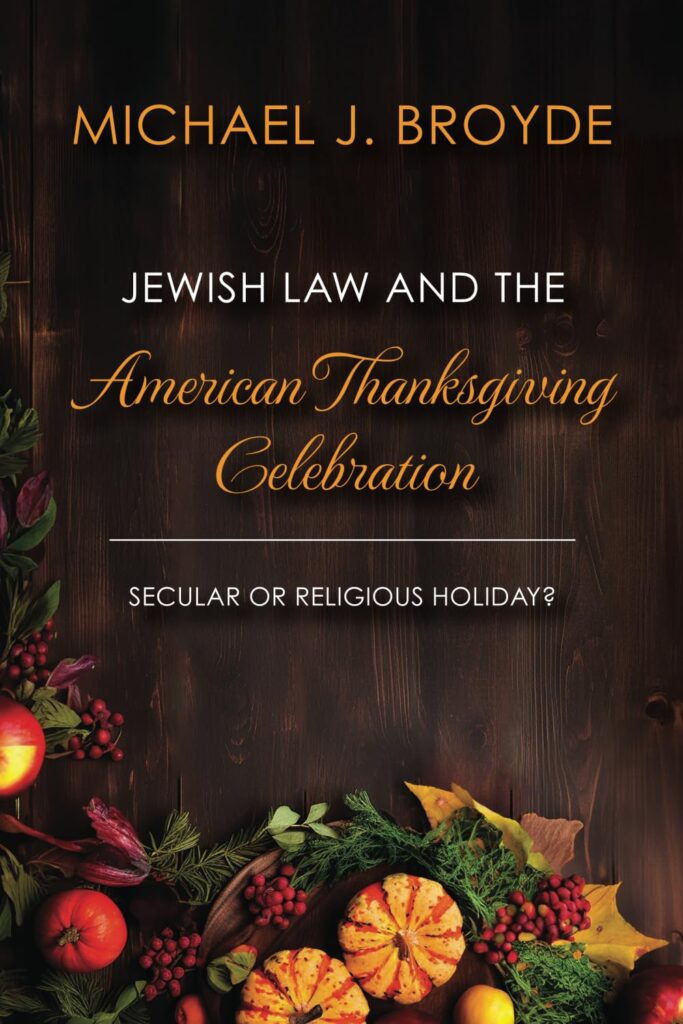
Jewish Law and the American Thanksgiving Celebration
Can Jews celebrate Thanksgiving? Is gathering around a turkey dinner and expressing gratitude on this distinctly American holiday compatible with Jewish law (halacha)? In this thought-provoking and deeply researched work, Rabbi Michael J. Broyde tackles these questions head-on, offering a comprehensive examination of Thanksgiving's status as a secular or religious holiday and its halachic implications for observant Jews.
Drawing on a wealth of rabbinic scholarship, including previously unpublished responsa from Rabbi David Cohen, Rabbi Feivel Cohen, Rabbi Ephraim Greenblatt, and other leading poskim, Rabbi Broyde provides an incisive and nuanced analysis of Thanksgiving's place within Jewish tradition. Perspectives from Torah giants such as Rabbi Moshe Feinstein, Rabbi Joseph B. Soloveitchik, and Rabbi Yitzchak Hutner enrich the discussion, presenting diverse and authoritative approaches to a uniquely modern dilemma. This work goes beyond Thanksgiving, with appendices addressing the halachic challenges of celebrating other American holidays, such as Halloween, Valentine’s Day, and New Year’s Day, alongside a meticulous exploration of the kashrut of turkey. Through the lens of halacha, Rabbi Broyde offers a compelling guide for preserving Jewish identity while engaging with broader cultural practices.
Jewish Law and the American Thanksgiving Celebration: Secular or Religious Holiday? provides a valuable lens for anyone—rabbi, scholar, or layperson—seeking a deeper understanding of how Jewish law navigates the challenges and opportunities of engaging with modern cultural practices.
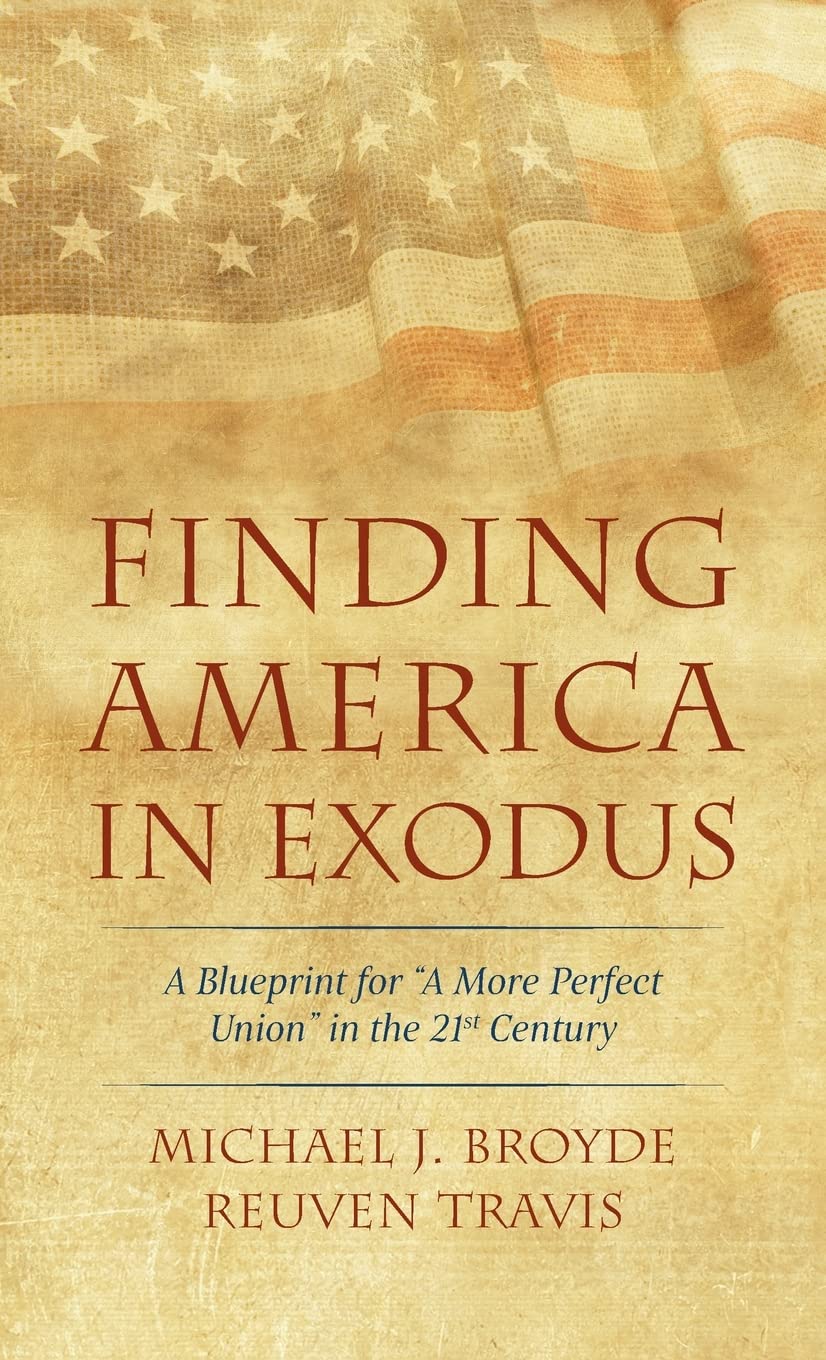
Finding America in Exodus
A Blueprint for "A More Perfect Union" in the 21st Century
Wipf & Stock, 2022
God's charge to the Jewish people at Sinai was to be "a kingdom of priests and a holy nation." Nowhere is freedom found in this exhortation, even though the Jews had been freed from slavery only seven weeks prior. That is because the Jews were not liberated merely to become a free people. God wanted them and expected them to evolve into a nation committed to creating a law-abiding society. From this perspective, freedom is just a necessary precondition to achieving this. America's founders understood this and wove this idea into the basic fabric of the democracy they were creating. What has for centuries set America apart from other nations is its synergistic linking between freedom and the law, which, of course, is something that goes to the heart of the Exodus story. The first of the national goals enumerated in the preamble to the US Constitution is ""to form a more perfect Union,"" followed by ""to establish Justice."" We truly believe that America is and always has been a great country. Yet greatness does not equate to perfection, and America's history is marked by episodes, slavery foremost among them, that were far from the founder's stated goals for their emerging nation. Falling short of the mark, as the American and Jewish people have done more times than either would like to remember, does not negate their aspirational national goals. It just means that we must be prepared to honestly assess morally challenging situations when they arise and then recommit ourselves to our goals, be it becoming ""a kingdom of priests and a holy nation"" or creating ""a more perfect Union."" Never losing sight of this is the true enduring lesson of Exodus.
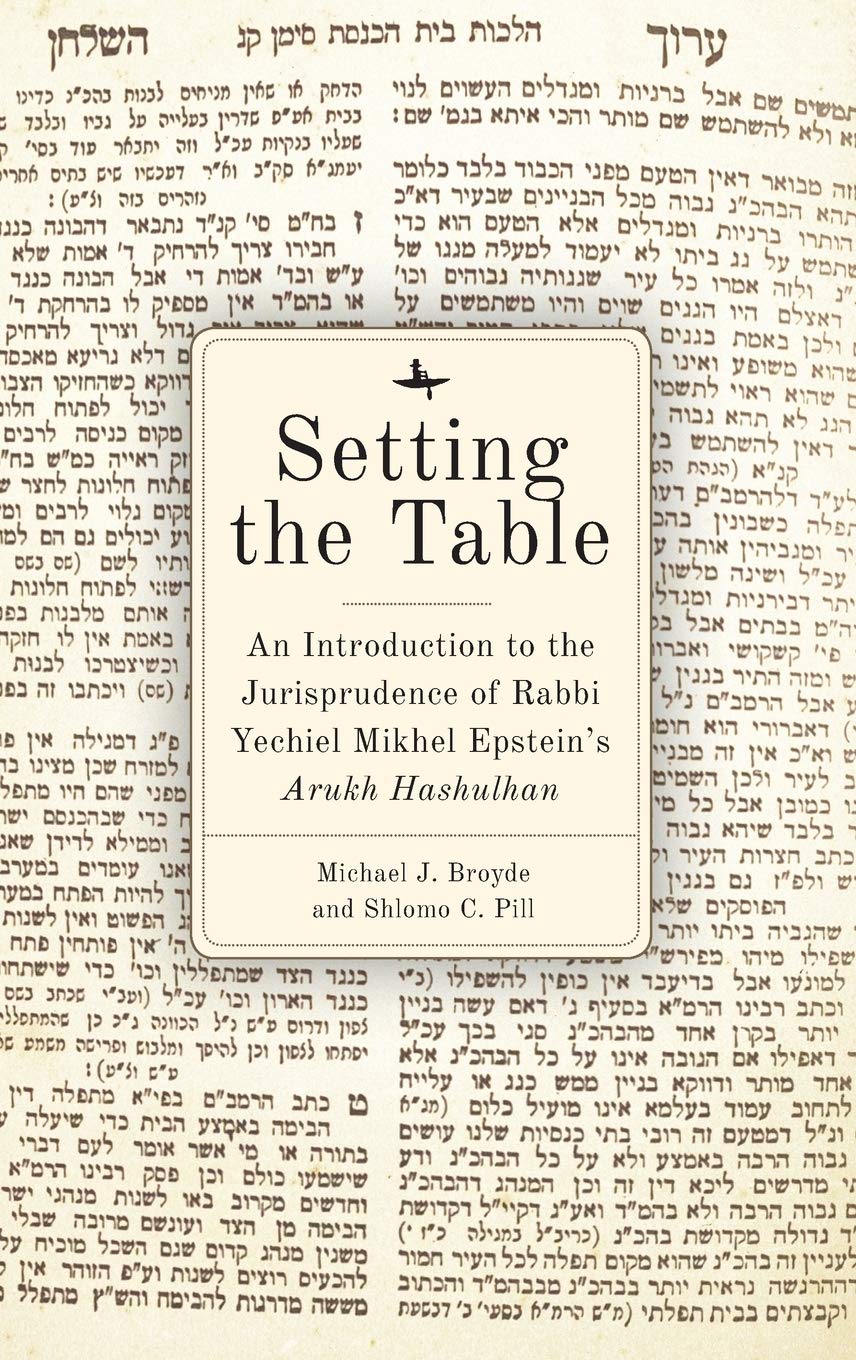
ACADEMIC STUDIES PRESS, 2021; Co-Author: Shlomo Pill
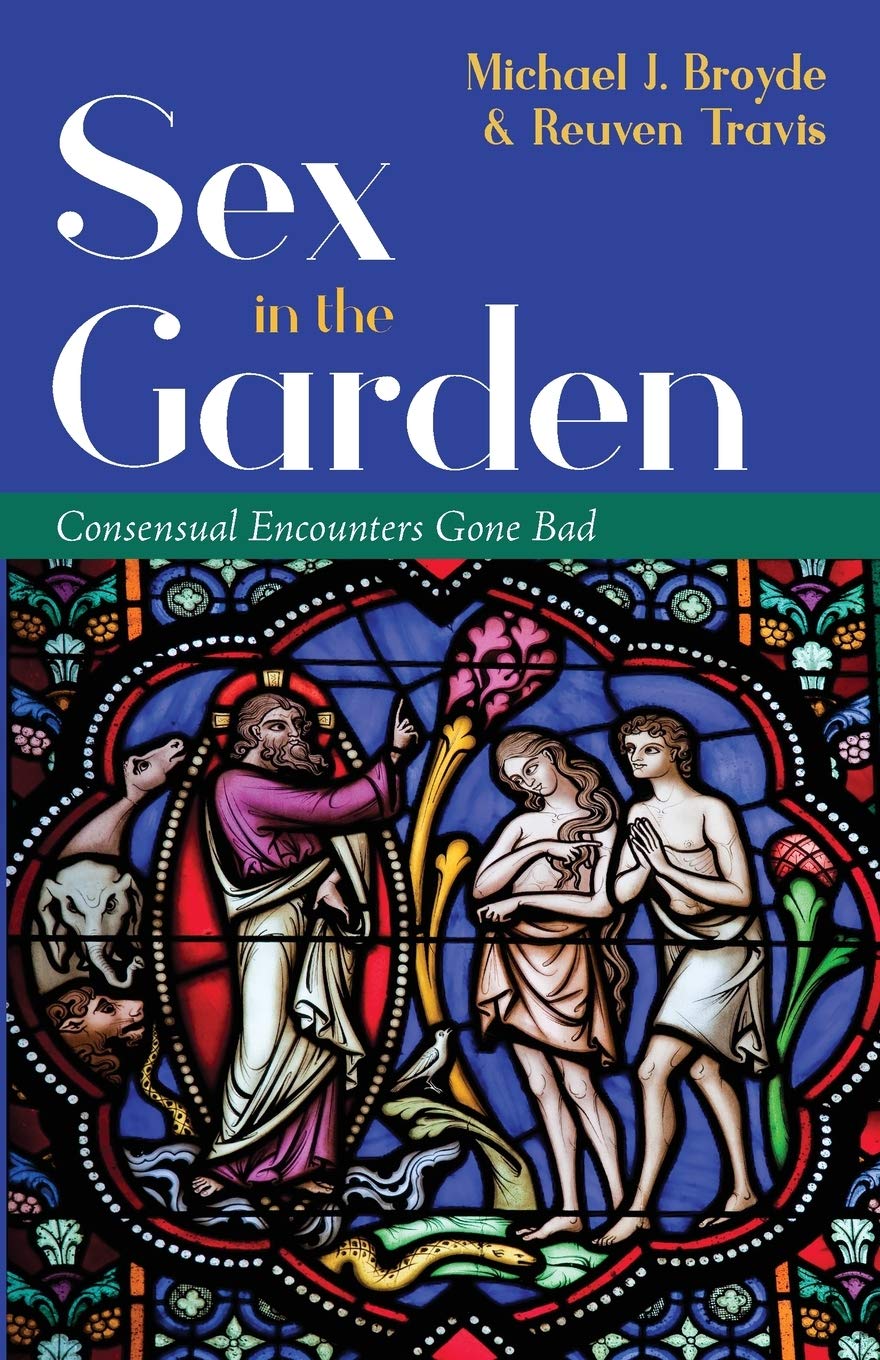
Sex in the Garden
Consensual Sex Gone Bad
WIPF & STOCK, 2019; CO-Author: Reuven Travis
In the #MeToo times in which we live, there are few hard and fast rules that govern personal encounters and sexual liaisons. Consent, so long as it is neither coerced nor forced, dictates all. Astute students of the Bible will see this aspect of our current social milieu reflected in the book of Genesis. Genesis is not a book about laws. There are no “thou shall” or “thou shall not” commandments given over by God to humanity. Instead, its narrative depicts the cultures of its time as operating on personal choices and personal freedoms. And from the first sexual tryst in the garden of Eden to the attempted seduction of Joseph by the wife of Potiphar, these consensual encounters tend to end badly. The cautionary nature of these tales underscores the continued relevance of Genesis for our times.
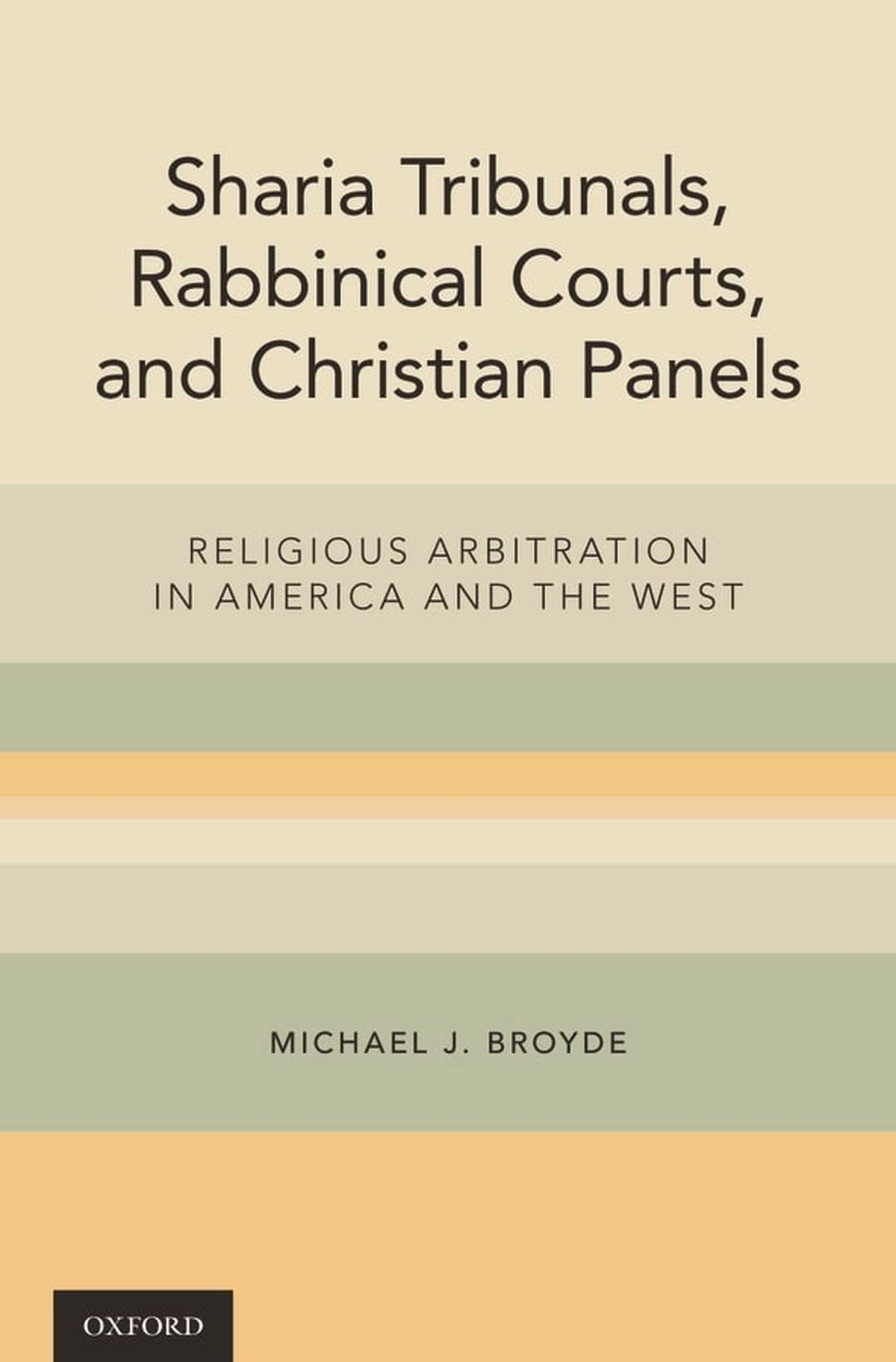
OXFORD UNIVERSITY PRESS, 2017
This book explores the rise of private arbitration in religious and other values-oriented communities, and it argues that secular societies should use secular legal frameworks to facilitate, enforce, and also regulate religious arbitration. It covers the history of religious arbitration; the kinds of faith-based dispute resolution models currently in use; how the law should perceive them; and what the role of religious arbitration in the United States and the western world should be. Part One examines why religious individuals and communities are increasingly turning to private faith-based dispute resolution to arbitrate their litigious disputes. It focuses on why religious communities feel disenfranchised from secular law, and particularly secular family law. Part Two looks at why American law is so comfortable with faith-based arbitration, given its penchant for enabling parties to order their relationships and resolve their disputes using norms and values that are often different from and sometimes opposed to secular standards. Part Three weighs the proper procedural, jurisdictional, and contractual limits of arbitration generally, and of religious arbitration particularly. It identifies and explains the reasonable limitations on religious arbitration. Part Four examines whether secular societies should facilitate effective, legally enforceable religious dispute resolution, and it argues that religious arbitration is not only good for the religious community itself, but that having many different avenues for faith-based arbitration which are properly limited is good for any vibrant pluralistic democracy inhabited by diverse faith groups.
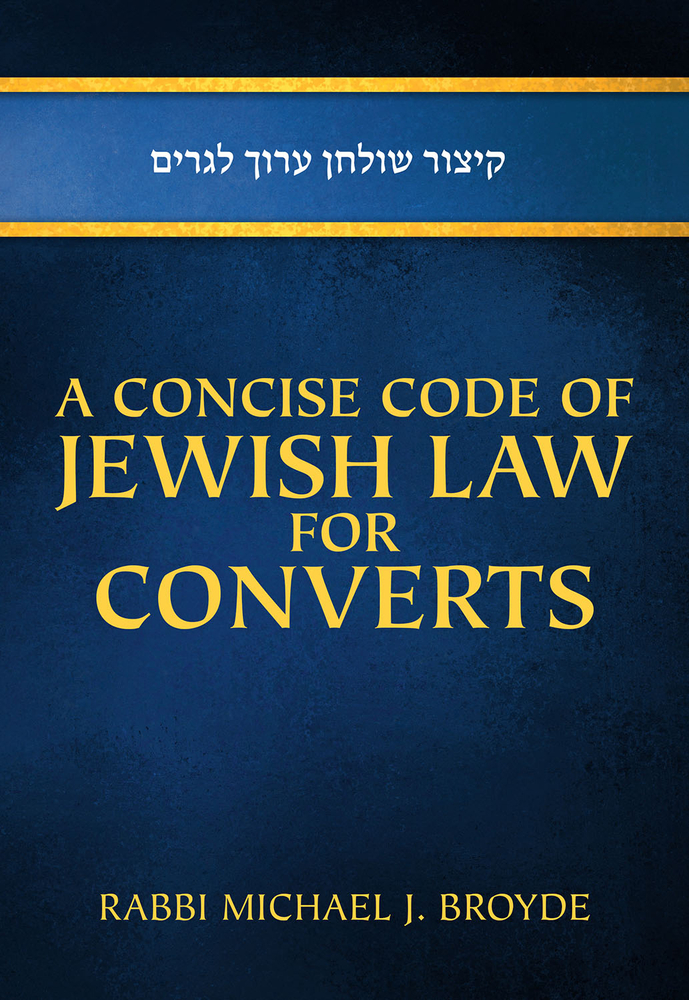
URIM, 2017
While the topic of conversion in Judaism has been extensively covered, no one has explored the particular laws related to after conversion. In A Concise Code of Jewish Law for Converts, Michael J. Broyde explores many topics and questions that revolve around the life of a Jewish convert. Such topics include the place of a convert in a Jewish community according to Jewish law, the treatment of a convert in respect to acceptance and discrimination, and providing affirmative incentives to converts. Containing a detailed review of every aspect of Jewish law from the convert’s perspective and in relation to them, as well as supplemental essays, A Concise Code of Jewish Law for Converts provides knowledge and guidance on life after conversion.
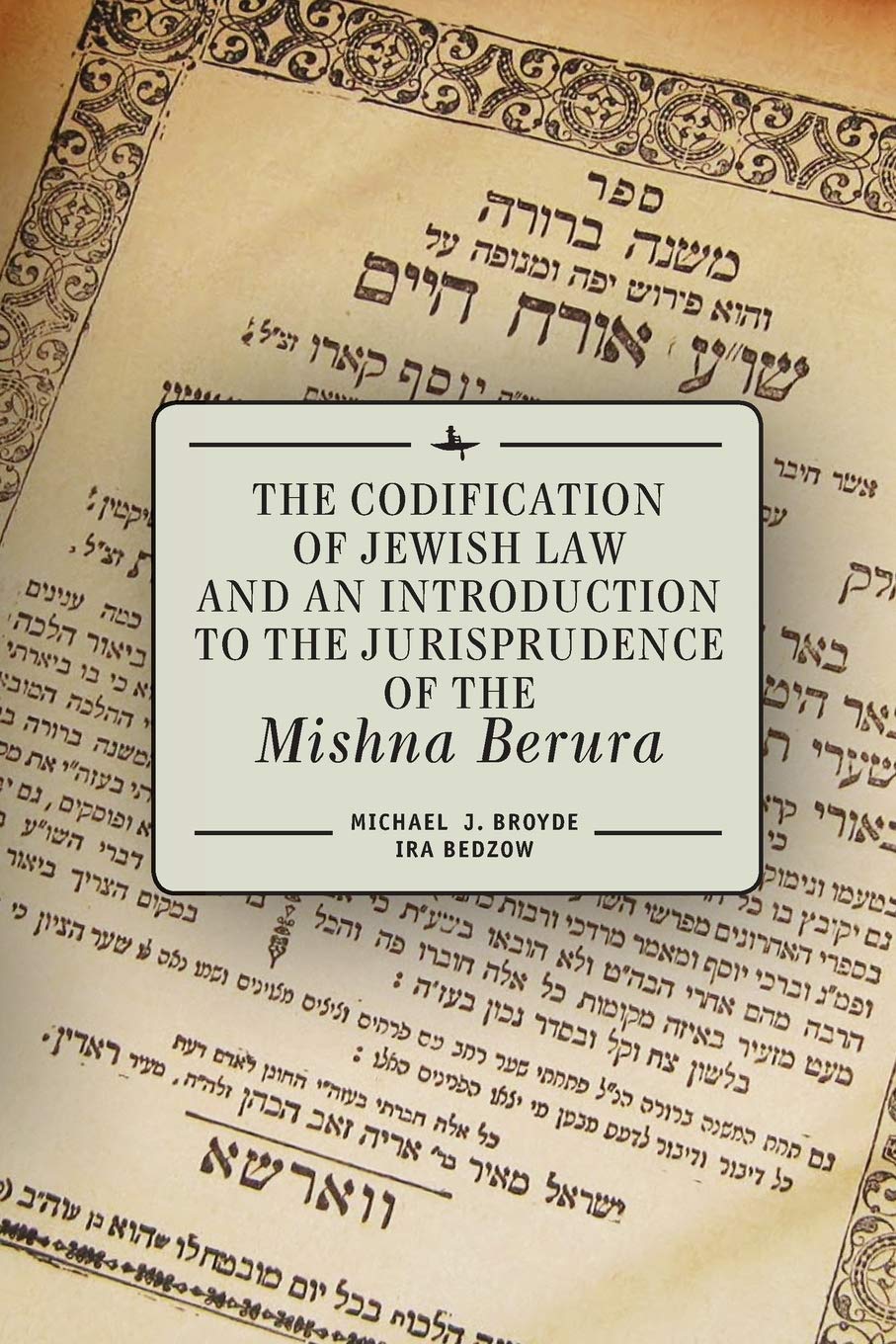
ACADEMIC STUDIES PRESS, 2013; Co-Author: Ira Bedzow
The Mishna Berura is, without a doubt, Rabbi Israel Meir Kagan's greatest and most complex contribution to the canon of Orthodox Jewish Law; it is a singular work that synthesizes Jewish traditions, laws, and mores into a practical halakhic guide to daily religious life. For all of his traditionalism, Rabbi Kagan was an iconoclast, and the Mishna Berura broke from many of the traditional approaches of deciding halakhic directives. Instead, he favored studying, engaging, and asserting decisions in a nuanced, almost natural approach to how ethical people should live their daily lives consistent with Jewish law. Today, the Mishna Berura has gained widespread recognition and is considered authoritative by essentially all of contemporary Orthodox Jewry, a measure of greatness that few works of Halakha have attained. Michael J. Broyde and Ira Bedzow here investigate this seminal text and explore its background and decision-making process.
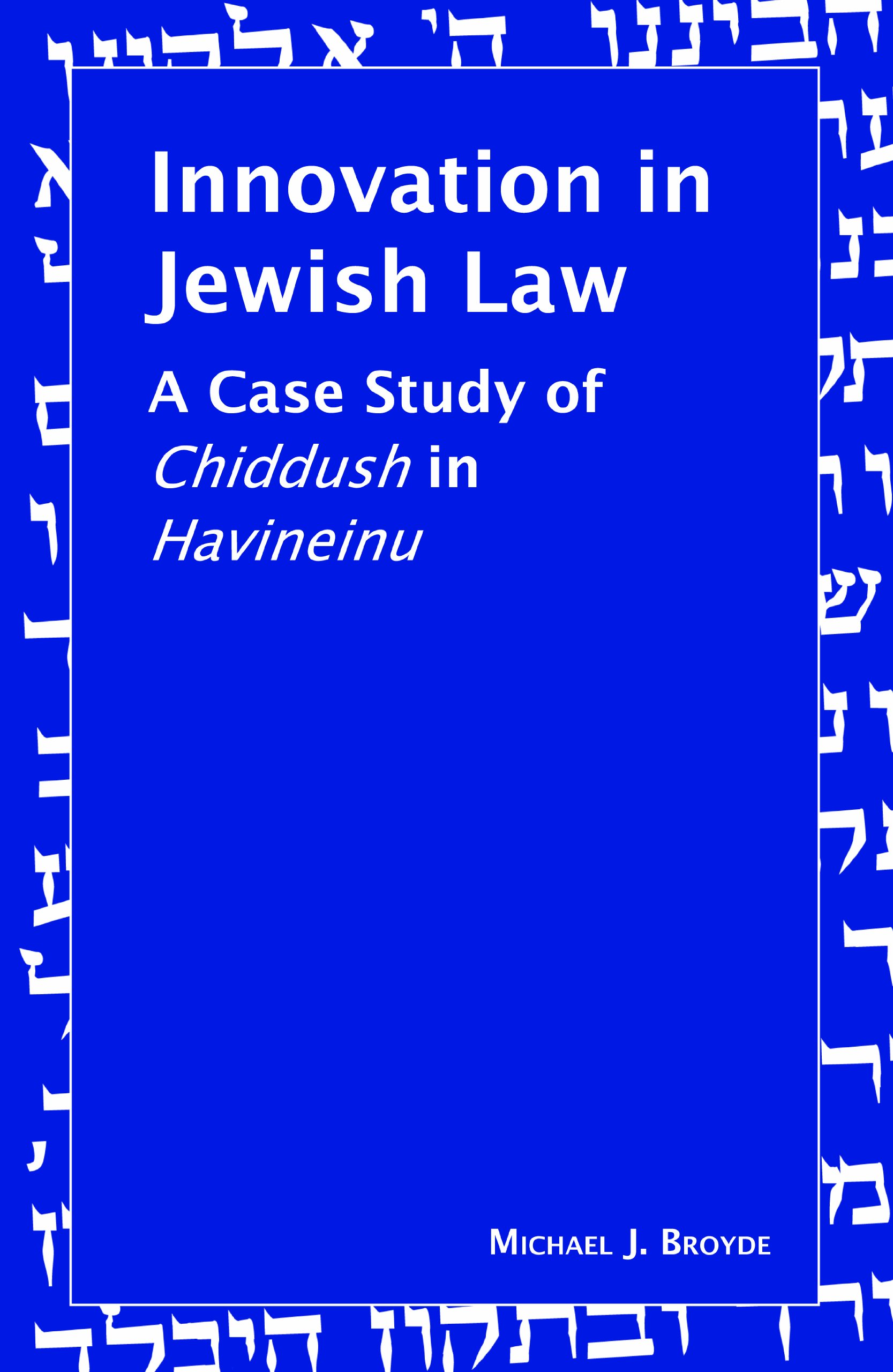
Innovation in Jewish Law
A Case Study of Chiddush in Havineinu
Urim Publications, 2010
Over the last several hundred years, the recitation of Havineinu, an abridged version of the daily prayer usually recited in pressing situations, has functionally ceased. This study addressed the legal analysis used to explain that change. Though the shift in perspective has been gradual, the book argues that the resulting profound change in the interpretation of halachic texts has had a direct influence on the understanding and the practice of Jewish law. It examines the sources and processes that have shaped the contours of Havineinu over time, exemplifying the subtle changes that occur in the development of halacha as a result of chiddush, or innovation.
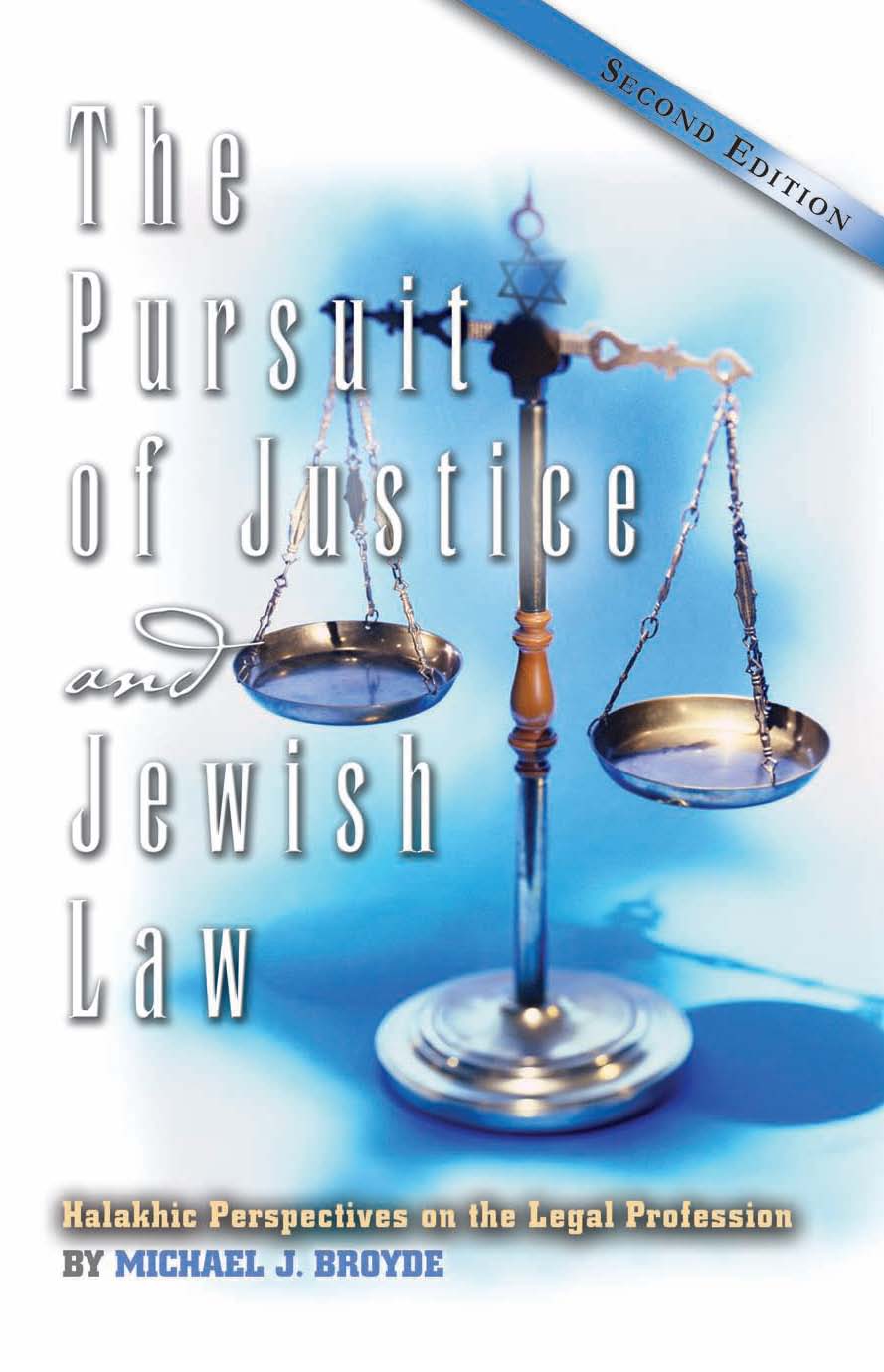
Yashar Books, 2007
A Jewish lawyer is bound to – sometimes torn between – two disparate systems of law and ethics. What do you do when your religion conflicts with your obligations as a lawyer? For that matter, how do you know what your religious obligations are? Michael J. Broyde, Professor of Law at Emory University, founding rabbi of the Young Israel in Atlanta and a member dayan of the Beth Din of America, takes a fearless inside look at the ethical and halakhic issues facing the Jewish lawyer and anyone caught up in the American legal system. This book systematically examines the ethical and halakhic issues raised by the many different facets of law practice, as well as other issues encountered by the Jewish lawyer or others significantly involved in the American legal system. Major topics examined from the perspective of Jewish law include: litigating in secular courts; the problems posed by professional confidentiality; the issues involved in aiding a client in a violation of either Jewish or American law; the ethics of cross examination and the obligations of a lawyer to pursue truth; the problems raised by working as a prosecutor or a defense attorney; practicing bankruptcy law; and the permissibility or obligation of informing on others for violating American law. The book also includes a full discussion of issues posed by family law (including an appendix addressing the 1992 New York Get Law); as well as a complete unit addressing the problems of business law, from usurious transactions to the ethics of negotiation and arbitration. Many other topics are included as well. This book was originally published by Yeshiva University Press in 1996 and has undergone significant revisions and additions for the current edition.
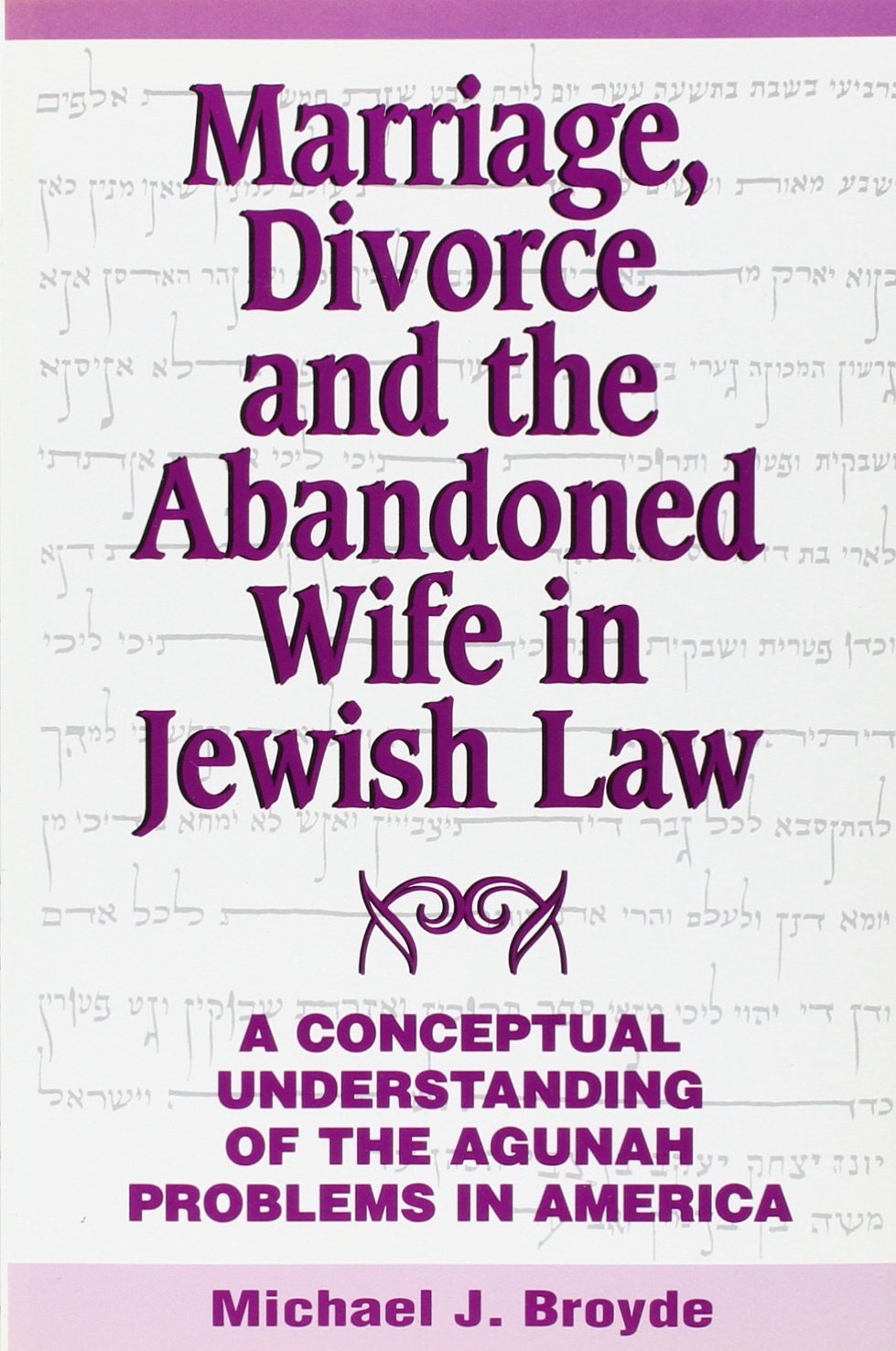
Marriage, Divorce and the Abandoned Wife in Jewish Law
A Conceptual Understanding of the Agunah Problems in America
KTAV, 2001
One of the most vexing problems to confront American Orthodox Jewry is where a wife is abandoned by her husband who refuses to give her a Jewish divorce. This work seeks to explain the agunah problem in the United States. It notes that the contemporary agunah problem in America is radically different than that of contemporary Israel and completely different than the talmudic agunah problem. The thesis of this book is that the agunah problem in contemporary America is part of a more general dispute in classical Jewish law as to when marriage should end. Thus, this book surveys how Jewish law seeks to respond to the consent of the other party or without a finding of fault. It concludes by noting that prenuptial agreements can successfully address the agunah problem in the United States since they provide a way for couples to create an image of marriage and divorce by which they can agree to live. Michael J. Broyde is an Associate Professor of Law at Emory University and the Academic Director of Law and Religion Program at Emory University. He is a member (dayan) in the Beth Din of America and was the director of that Beth Din while on sabbatical from Emory. In addition, he is the founding rabbi of the Young Israel synagogue in Atlanta. Professor Broyde is the author of The Pursuit of Justice in Jewish Law and co-author of Human Rights in Judaism.
Assisted Reproduction and Jewish Law
UNIVERSITY OF CINCINNATI, 1999
THE RELATIONSHIP between modern technology, biomedical ethics, and Jewish law (halakhah) has been well developed over the past fifty years. As has been noted in a variety of sources and in diverse contexts, Jewish law insists that new technologies--and new reproductive technologies in particular–are neither definitionally prohibited nor definitionally permissible in the eyes of Jewish law, but rather are subject to a case-by-case analysis.' Indeed, every legal, religious, or ethical system has to insist that advances in technologies be evaluated against the touchstones of its moral systems. In the Jewish tradition, that touchstone is halakhah, the corpus of Jewish law and ethics. This chapter is an attempt to create a preliminary and tentative analysis of the technology of cloning from a Jewish law perspective. Like all preliminary analyses, it is designed not to advance a rule that represents itself as definitive normative Jewish law, but rather as an attempt to outline some of the issues in the hope that others will focus on the problems and analysis found in this chapter and will sharpen or correct those evaluations. Such is the way that Jewish law seeks truth.
Books Edited
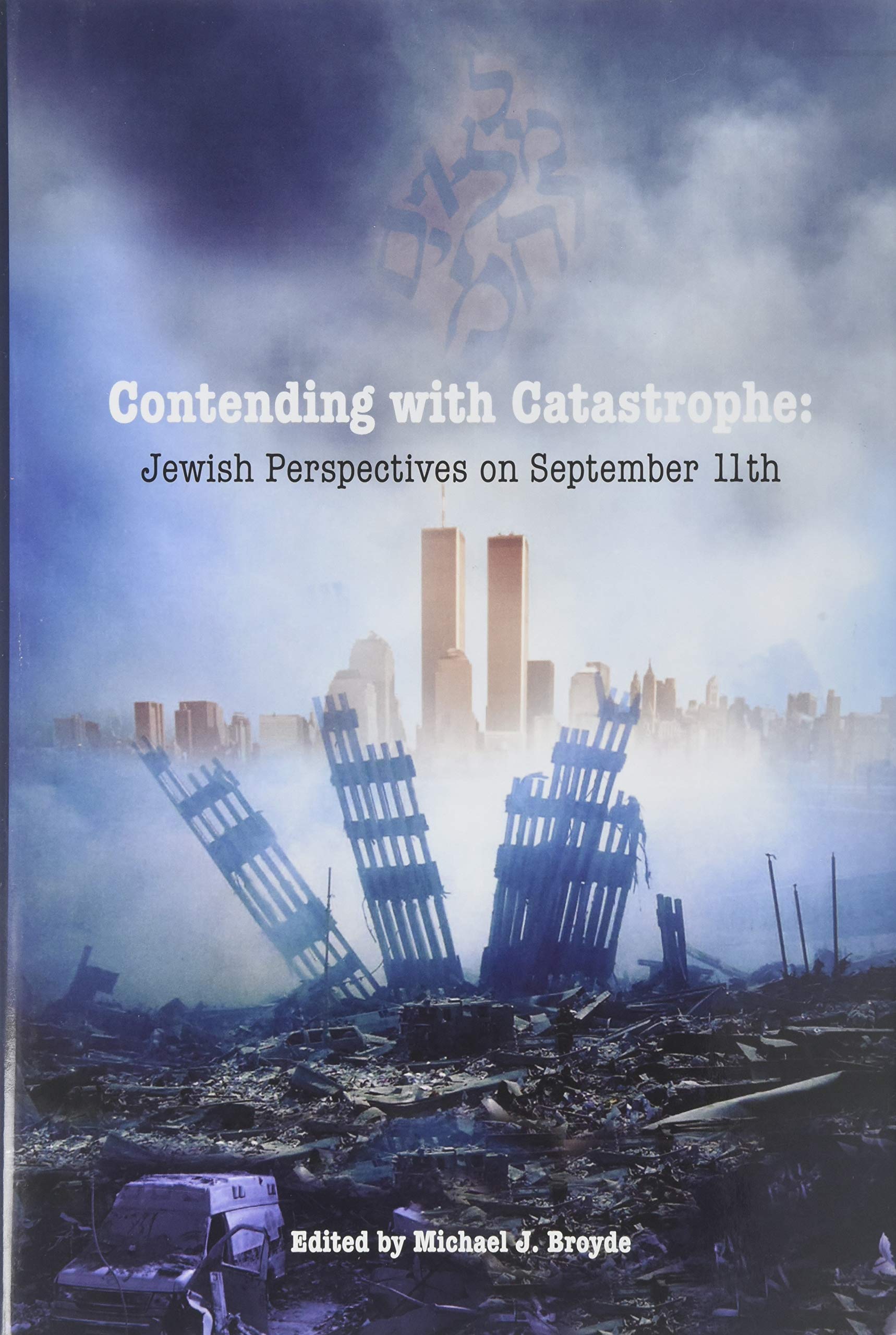
The tragic events of September 11th, 2001 shook the world, permanently changing the lives of millions of people. Jews are sadly familiar with vicious terrorist attacks yet we continue to be moved by the horror of modern warfare. Over the past decade, in the wake of 9/11, the Jewish community has looked to its tradition for guidance on how to react to these horrific attacks, both intellectually and in practice. Contending with Catastrophe: Jewish Perspectives on September 11th has two parts which reflect these two aspects of the Jewish tradition. The first section is about Jewish law, and it responds to a particular tragedy in a particular area of family law - the problem of the many individuals who went missing in light of this tragedy. This part of the book focuses on technical matters of Halakhah that are both timeless and timely - timeless in the principles that they articulate and timely in the application of those principles to the world in which we actually live. Each of the essays in this section provides us with an accumulated picture of how the Beth Din of America addressed the many cases that came to it involving people who went missing on that day. The second half of Contending with Catastrophe: Jewish Perspectives on September 11th addresses matters of Jewish ethics and theology. In short, how should we, as a community and as individuals, respond to the presence of evil or the occurrence of tragic events? Fittingly, Contending with Catastrophe: Jewish Perspectives on September 11th concludes with a memorial prayer commemorating the victims of 9/11 and a prayer for the full recovery and heroic recognition of the first responders and emergency workers who bravely entered the burning towers of the World Trade Center. The final prayer is for the safety of the United States Armed Forces around the world.
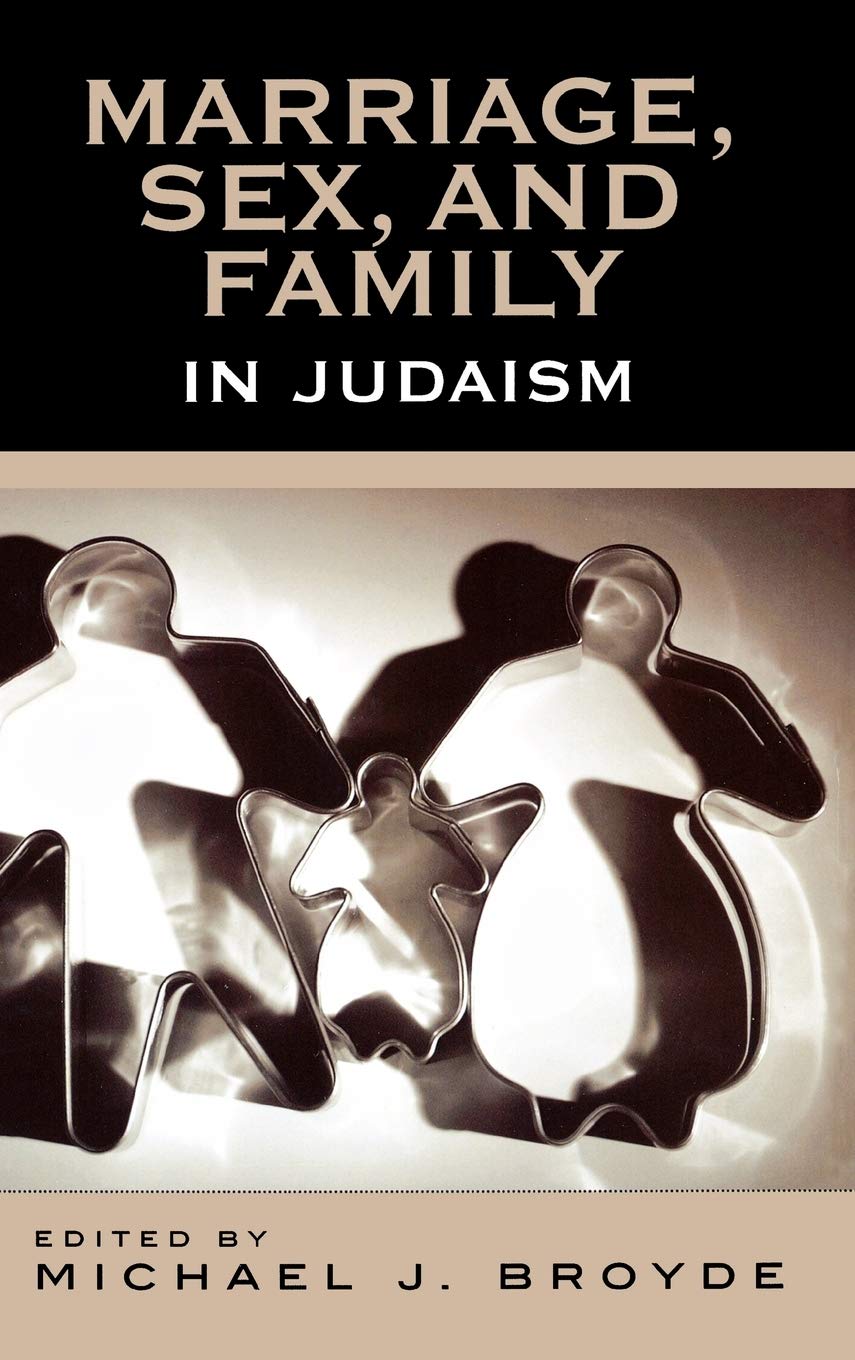
Marriage, Sex and Family in Judaism
Rowman & Littlefield, 2005
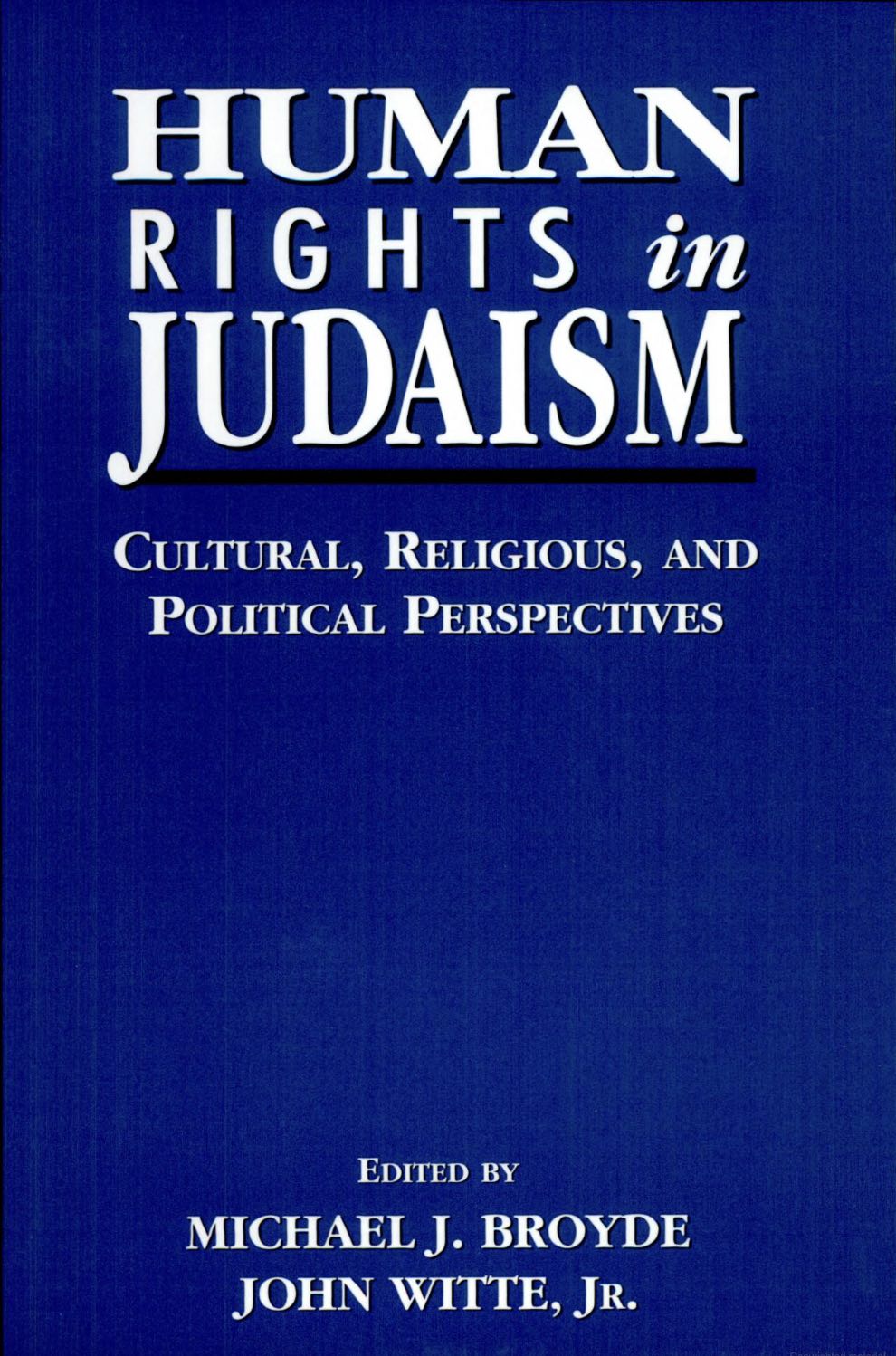
Human Rights in Judaism
Cultural, Religious, and Political Perspectives
Jason Aronson, 1998; Co-Editor: John Witte JR.
Books Translated
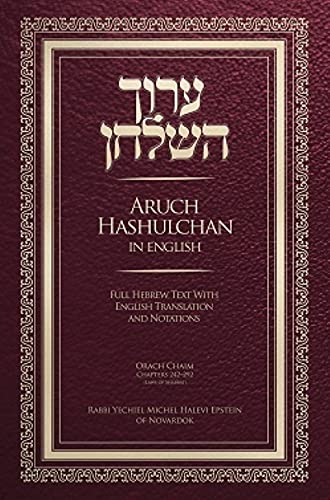
Urim, 2021: Lead Translator
The Aruch Hashulchan, the monumental work of Rav Yechiel Michel Halevi Epstein, occupies a prominent place in the library of classic Jewish texts. Almost every contemporary halachic sefer cites the Aruch Hashulchan and contends with his opinions, testifying to the esteem in which this exceptional work is held. The original eight volumes encompassing all four sections of Shulchan Aruch were composed between 1870 and 1901. The Aruch Hashulchan was immediately acclaimed by the Torah scholars of the day and remains a standard in halachic literature.
With remarkable clarity, scope, and skill, the Aruch Hashulchan incorporates many different facets of halachic study. Relevant sources from the Gemara, Rambam, and Rishonim are explained and difficulties resolved with novel, straightforward explanations. He reports the rulings of the Shulchan Aruch and the Rema, as well as those of the Magen Avraham, Taz, and other classical commentaries, sometimes challenging their opinions. This masterful compendium of Jewish law also addresses practical halachic issues as well as relating to prevalent customs of the time.
For this new edition, the full Hebrew text and all sources were carefully reviewed. Obvious typographical and citation errors were corrected, and supplementary references were added.
The accompanying English translation is faithful to the Hebrew text with occasional clarifications, footnotes, and subheadings added to enhance readability.
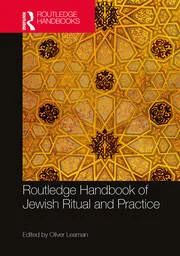
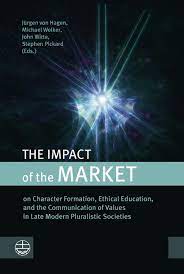
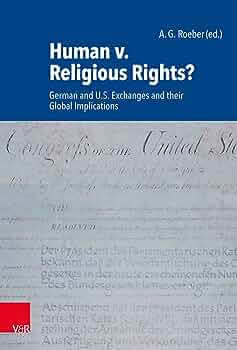

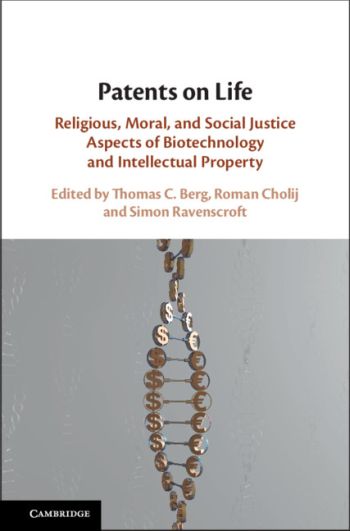
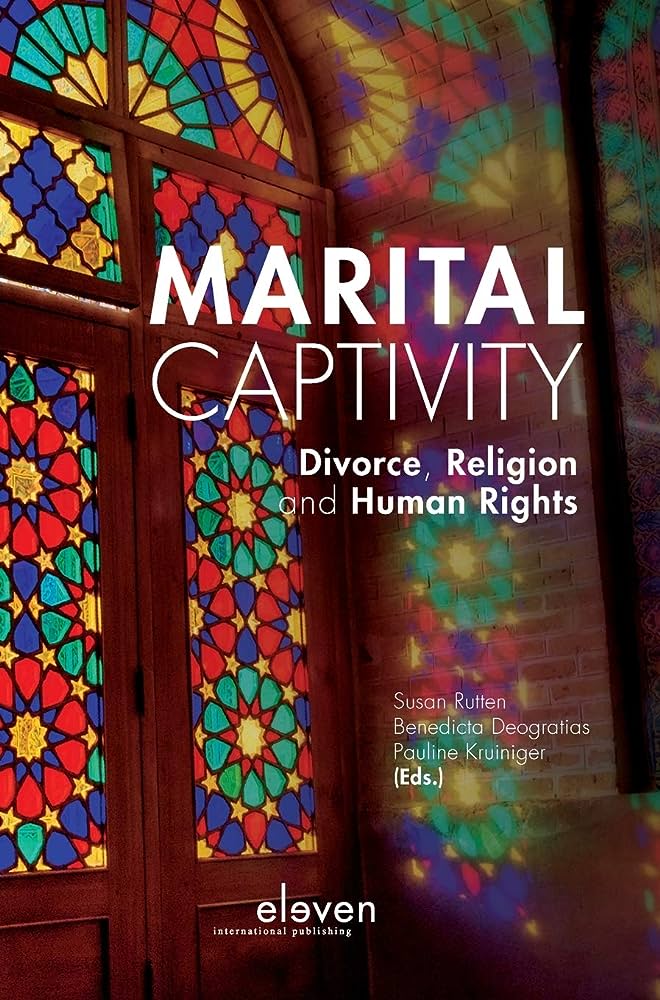

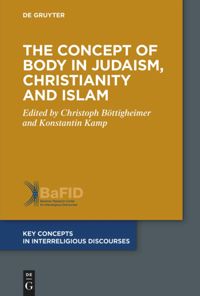
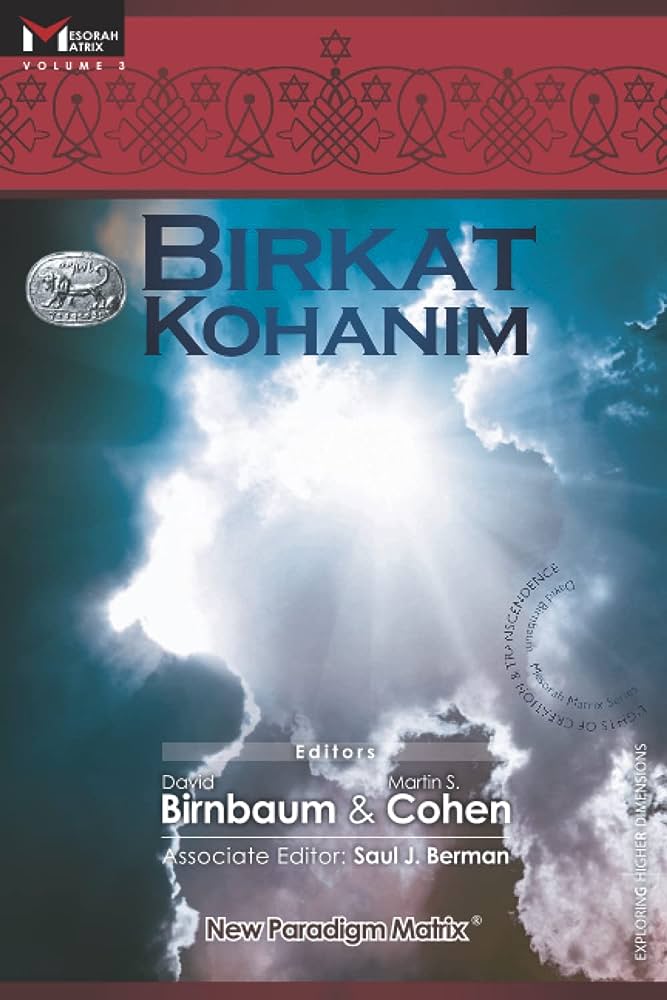
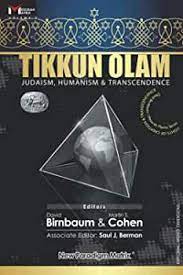
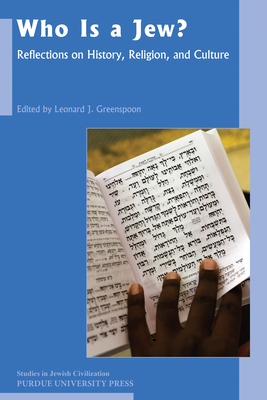
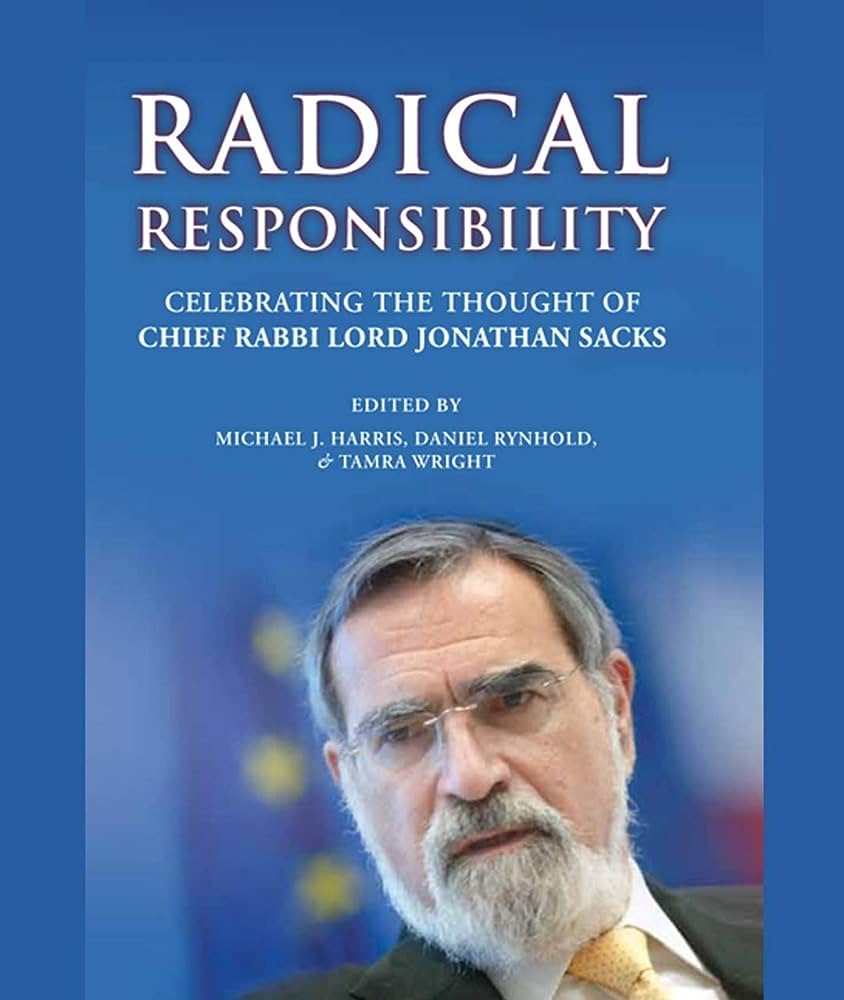
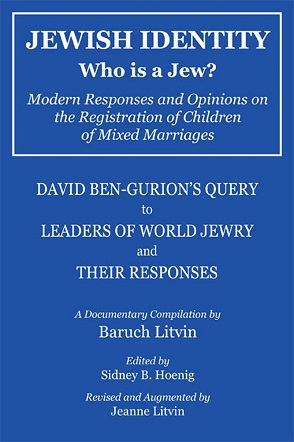

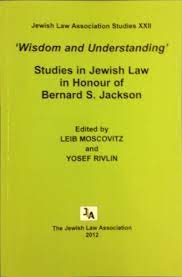
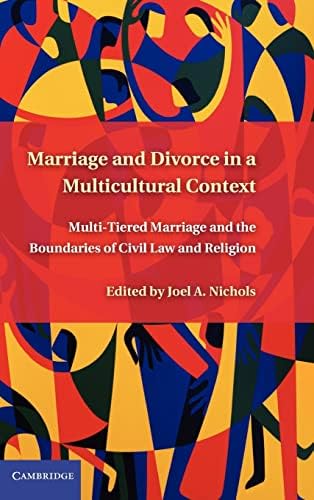
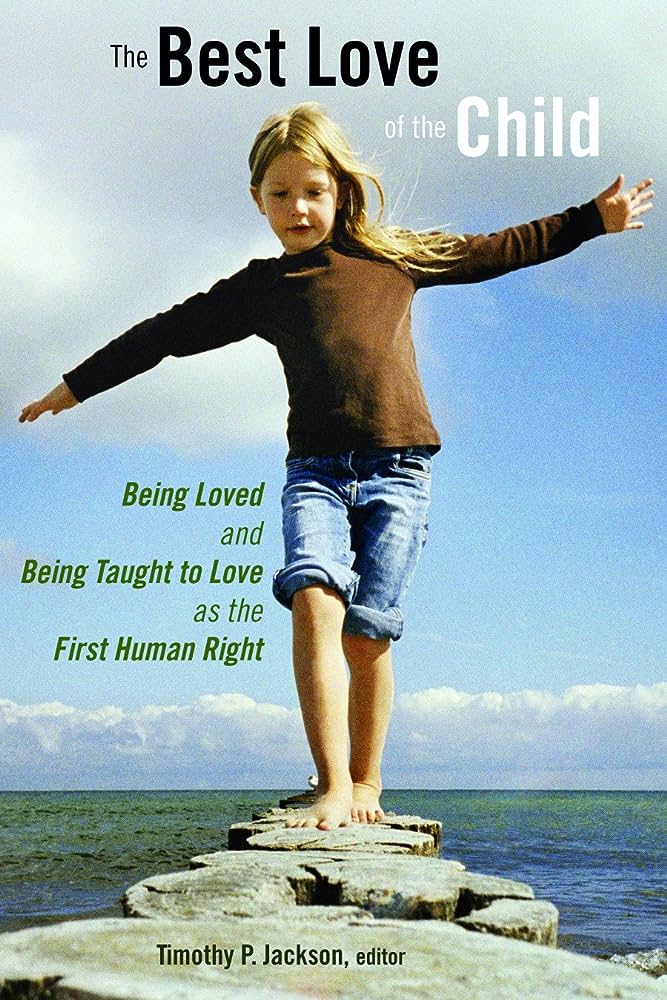
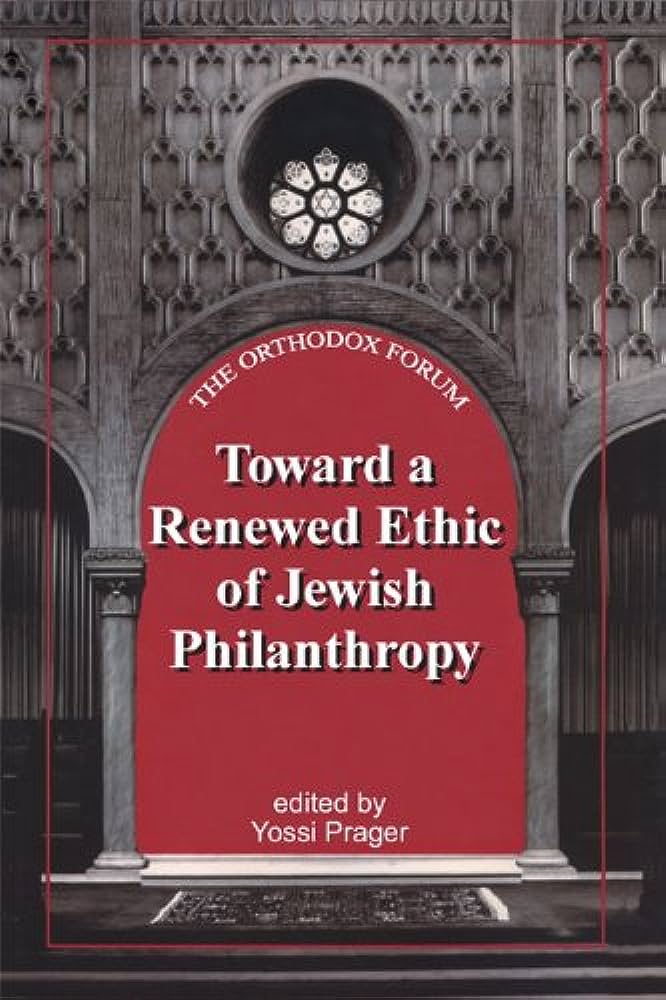
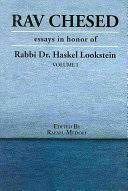
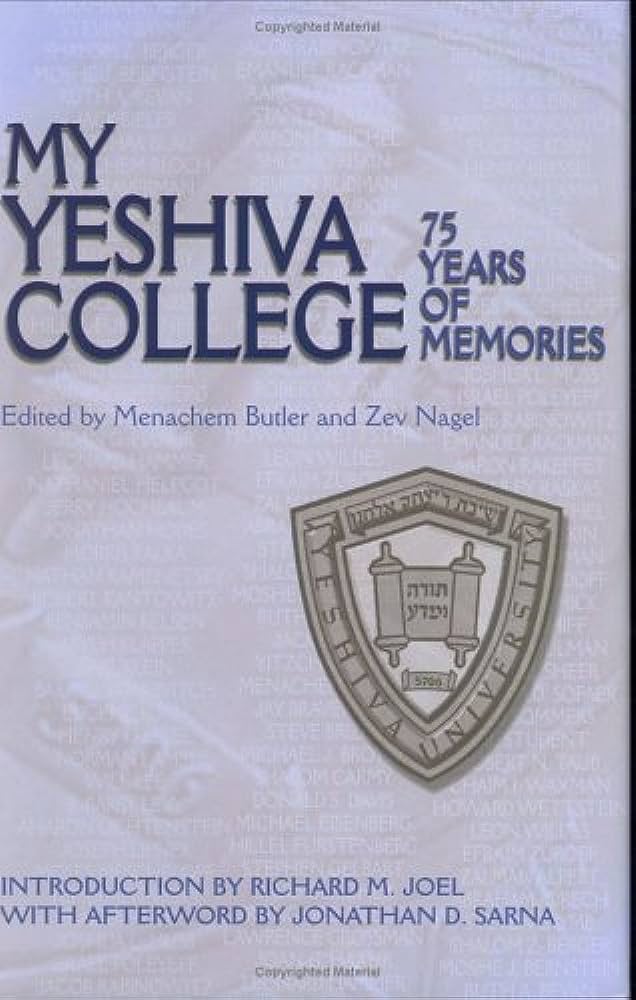
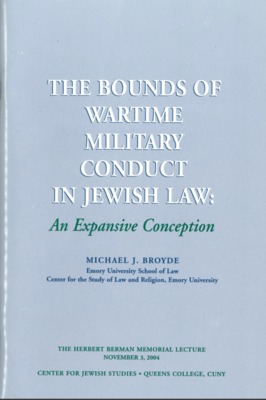
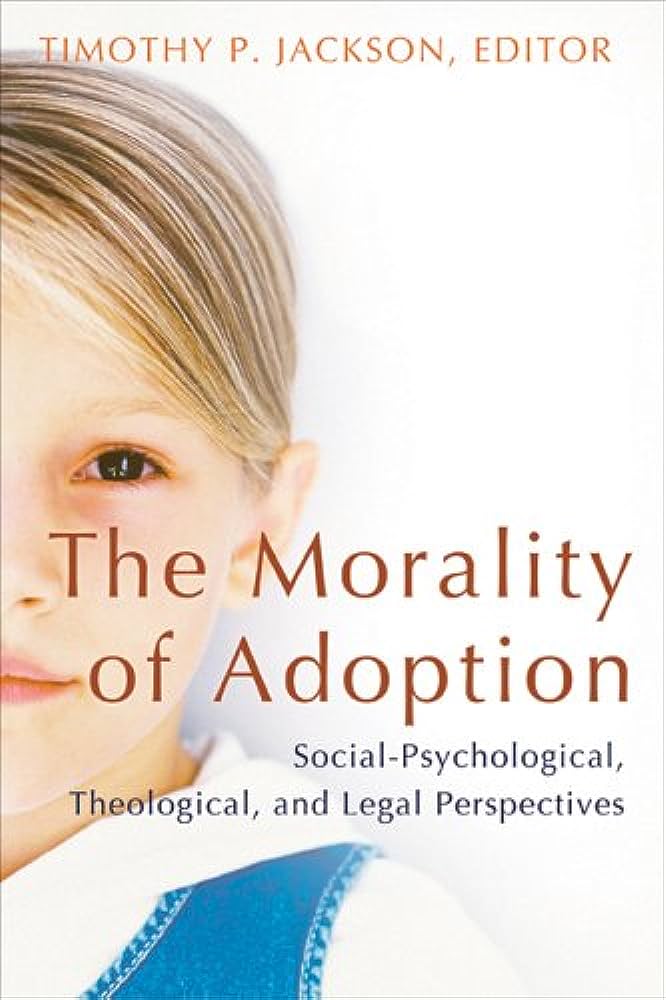
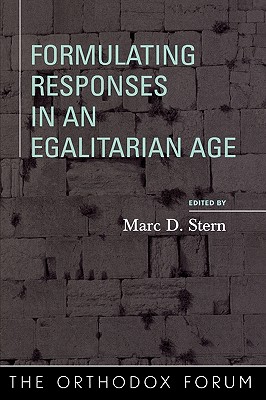
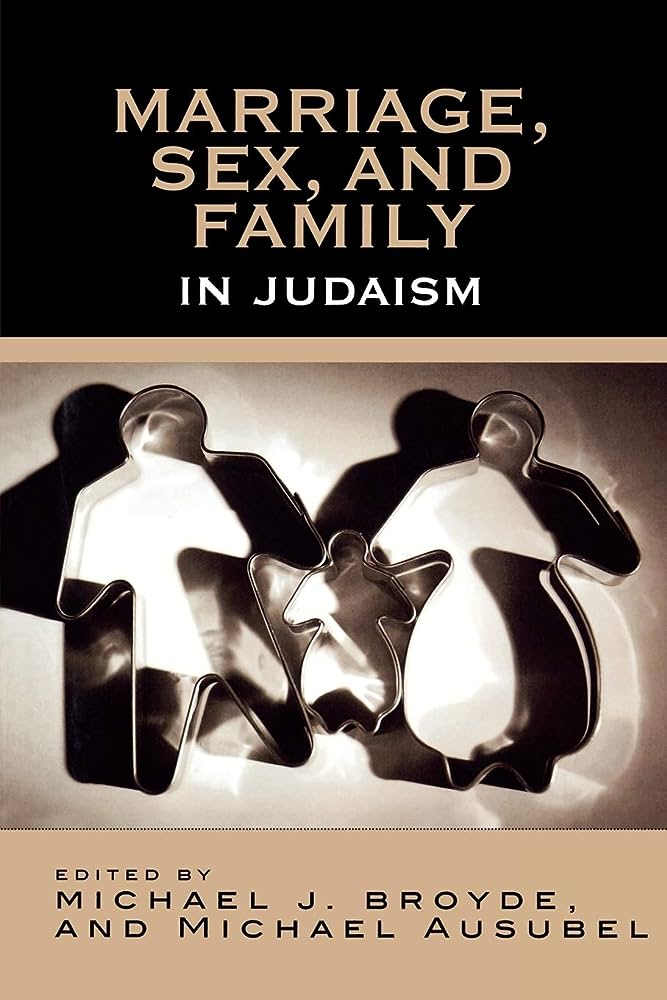


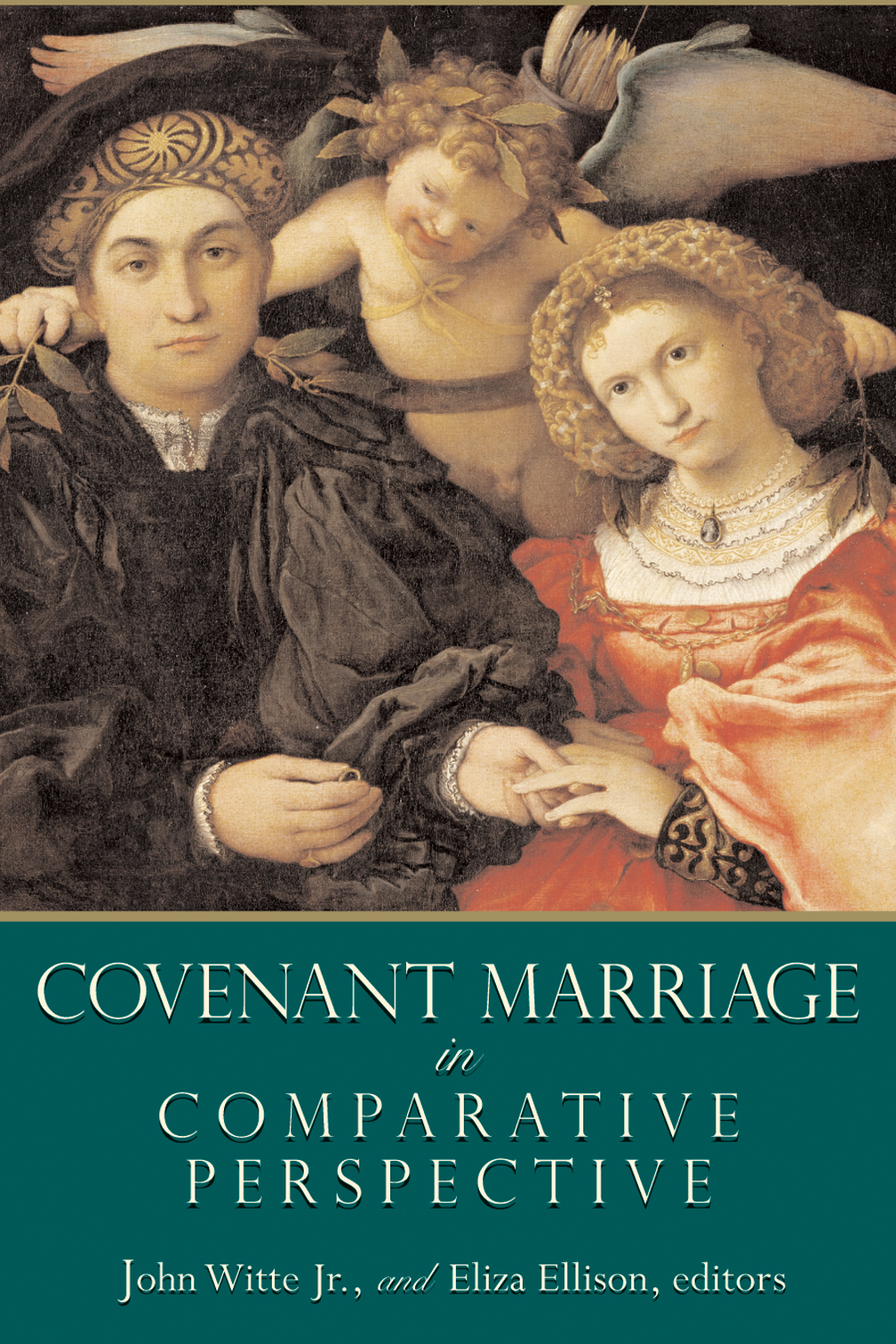
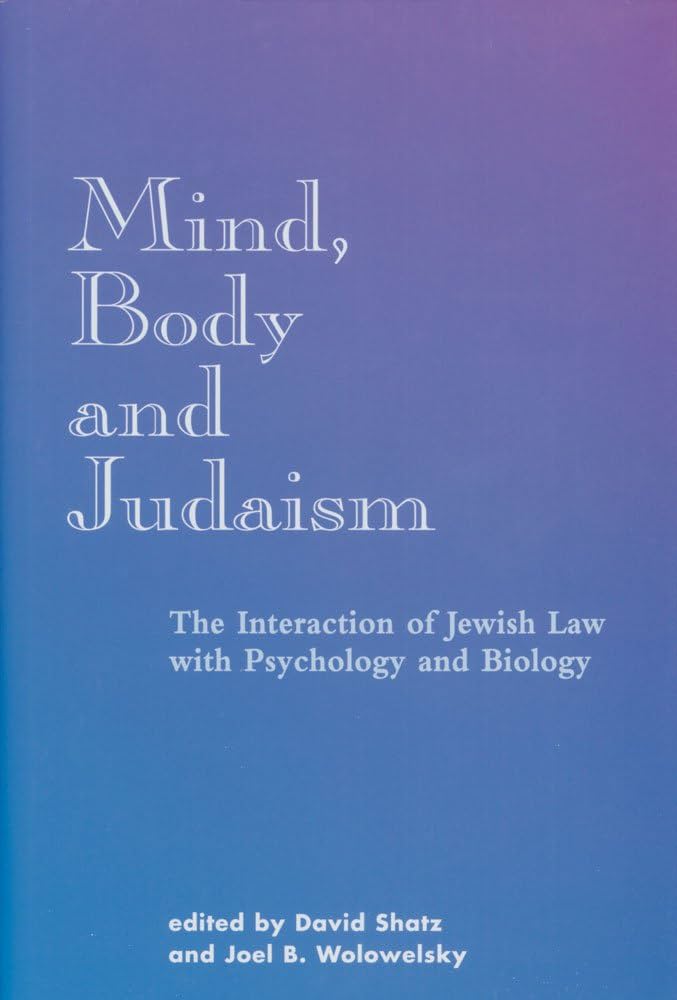
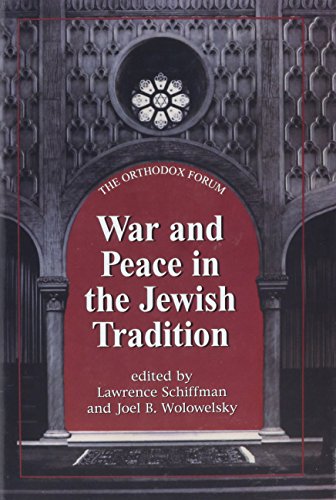
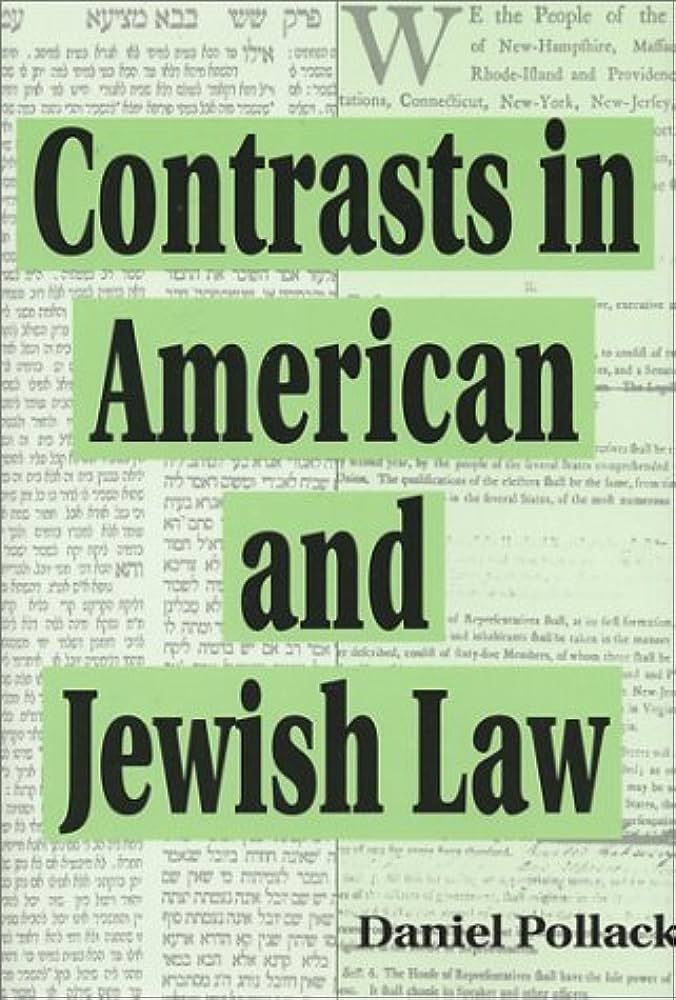
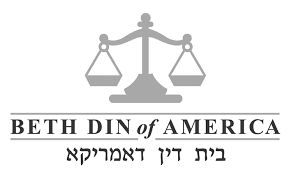
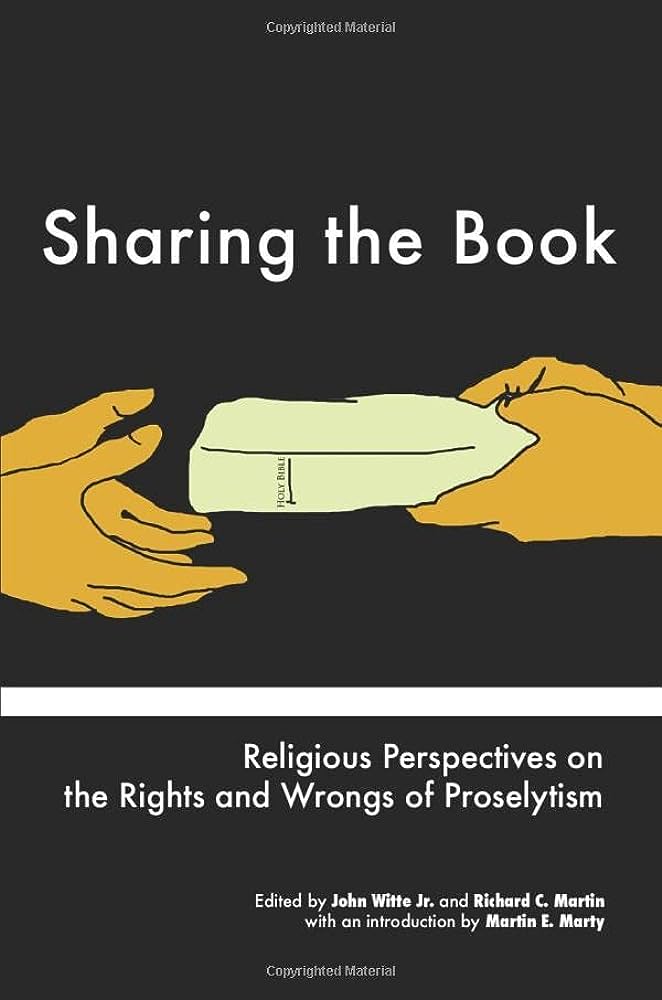
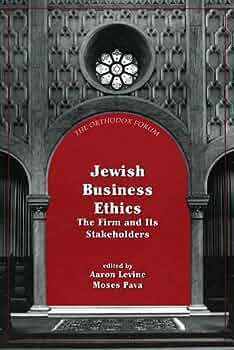
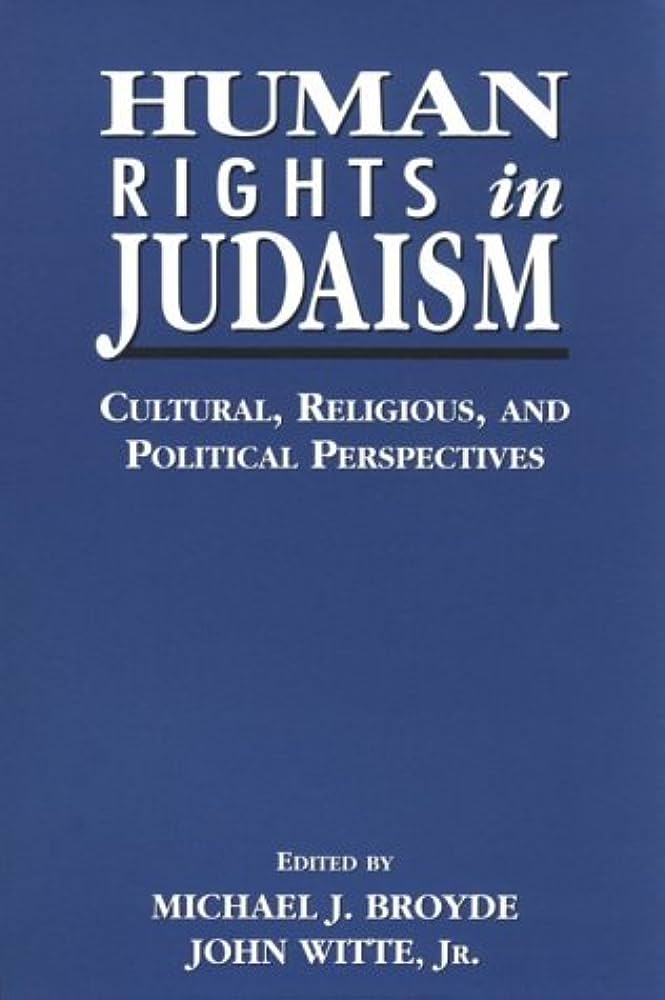

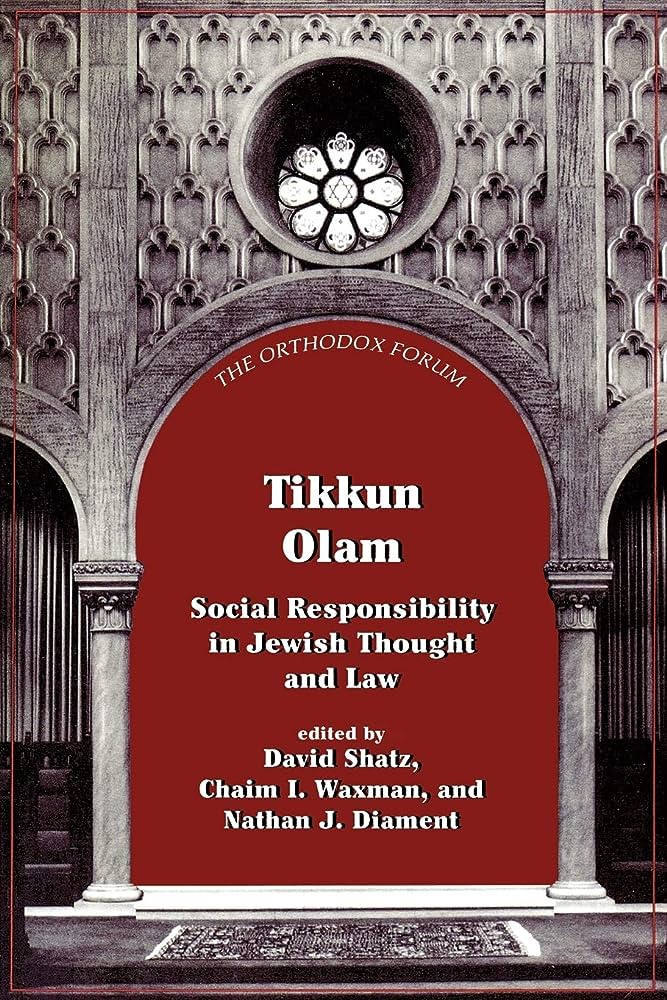
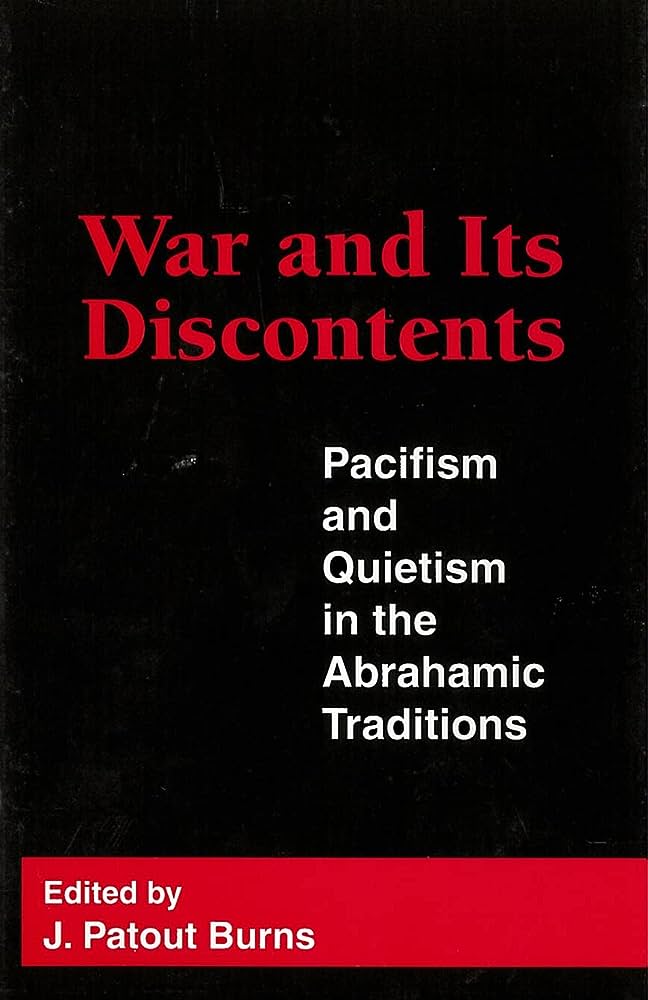
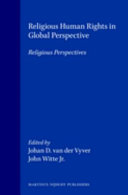
Books In Honor
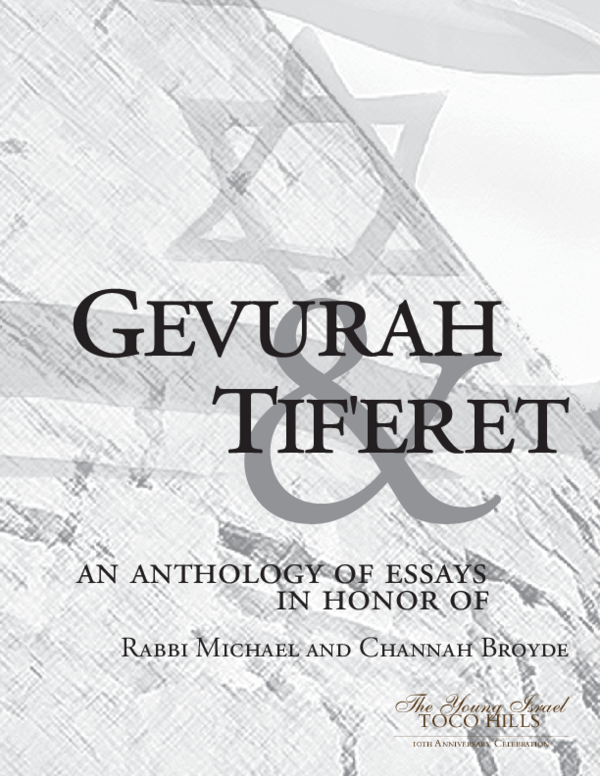
Gevurah Tif’eret
An Anthology of Essays in Honor of Rabbi Michael and Channah Broyde
Young Israel of Toco Hills Press, 2008